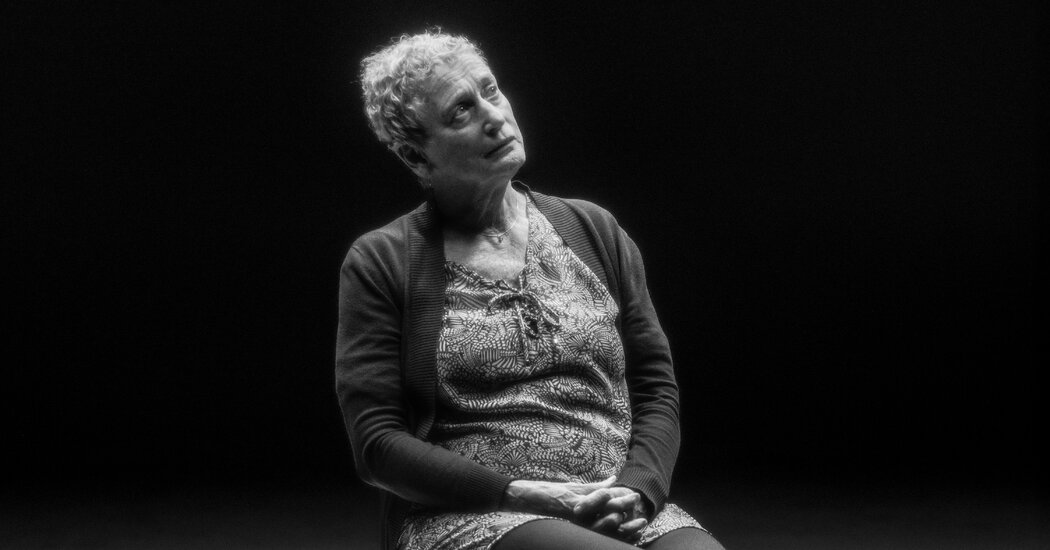Earlier this year, my mother ended her life via medical aid in dying, also known as MAID. She had A.L.S., so she was suffering in many ways, and her choice to die in this manner felt right. Probably because it felt that way, in the time leading up to her death I didn’t have many unanswered questions about MAID. I knew it was legal nationwide in Canada, where I’m from and where my mom lived. (There it’s called medical assistance in dying, and unlike in the United States, patients can apply for it when their disease is nonterminal, as long as they have a “grievous and irremediable medical condition.”) I was also aware that in the United States MAID was legal in only 10 states and the District of Columbia. That’s pretty much what I knew, and that was enough.
That is, until a fellow journalist friend of mine sent me an article about Ellen Wiebe, a MAID provider in British Columbia. The friend suggested that Wiebe might make a good interview subject for me. It was an astute (and somewhat provocative) idea. Wiebe, who is 72 and has also been a longtime abortion provider, has performed hundreds of MAID procedures and is one of Canada’s most prominent advocates for the practice. As I looked into her more, I realized that, actually, I did have questions — medical, legal and philosophical — about when doctors help people to die, and also about how MAID might shape our thinking on what, exactly, constitutes a good death.
Listen to the Interview With Dr. Ellen Wiebe
The doctor, who has performed hundreds of medical aid in dying (or MAID) procedures, discusses what constitutes a good death.
Subscribe: Apple Podcasts | Spotify | YouTube | Amazon | iHeart | NYT Audio App
Dr. Wiebe, I want to tell you upfront: My mom died from MAID in June in Ontario. That’s part of why I’m talking to you today. Also, I apologize in advance if I get emotional during this conversation. There’s no easy way to say goodbye to your mother.
I assume that plenty of doctors support MAID, but I don’t know how many would want to be MAID providers. What distinguishes you from other doctors? Well, human rights has been a major focus of my life. My other practice is abortion, and again, it has to do with people’s rights over their own lives, their own bodies. I feel honored that people trust me to help them through these difficult things that they’re going through and that I can hand them that autonomy that they’ve lost.
As you’re aware, there are all sorts of different criticisms around medical assistance in dying. There’s the slippery slope argument: If we allow people to do this — everybody’s going to want to die.
